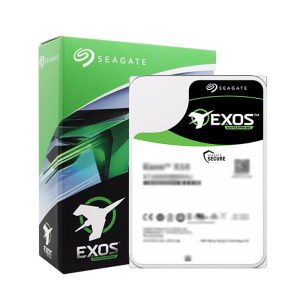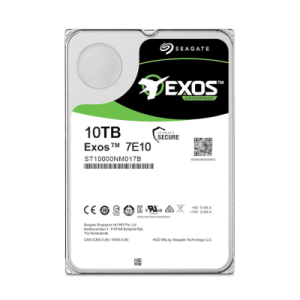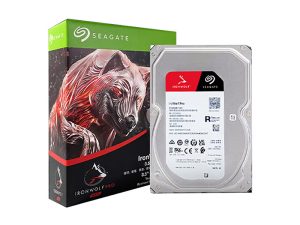In the rapidly evolving world of data storage, the quest for higher capacity and faster performance continues to drive innovation. One of the most exciting developments in recent years has been the meteoric rise of SSDs (Solid State Drives). With their superior speed and reliability, SSDs have become the go-to choice for many businesses and consumers alike. A hot topic of discussion is the largest SSD drive currently on the market. This article will delve into the details of the largest SSDs available and how Seagate’s enterprise-level offerings fit into the picture.
Understanding SSD Capacities
The largest SSD drives on the market are pushing the boundaries of storage capacity. As of the latest reports in 2023, the largest commercially available SSD can hold up to 30TB of data. These high-capacity SSDs are a result of advanced flash memory technology and sophisticated engineering that allow for an incredible amount of data to be stored in a compact form.
Seagate’s Position in the High-Capacity SSD Market
Seagate, a leading name in the data storage industry, has been at the forefront of this technological advancement. Seagate’s SSD offerings are designed with enterprise-level performance in mind, providing high capacity, endurance, and reliability. Among their product line, the Seagate Exos lineup includes SSDs with capacities ranging from 400GB to 15TB, catering to a wide range of business needs without compromising on speed or data integrity.
Considerations When Choosing the Largest SSD Drive
When considering the purchase of the largest SSD drive, several factors come into play. First and foremost is the intended use of the drive. High-capacity SSDs are ideal for applications that require large-scale data storage and fast access times, such as big data analytics, AI applications, and high-performance computing. Additionally, the interface type (SAS, NVMe over PCIe), read/write speeds, endurance, and the cost per terabyte are critical parameters to evaluate.
Another important consideration is the environment in which the SSD will operate. Enterprise-level SSDs like those from Seagate are built to withstand the rigors of continuous operation and are equipped with features that ensure data is secure and accessible when needed.
Comparing Seagate SSDs with Other Brands
While Seagate offers robust SSD solutions, it’s worth comparing them with other brands in the market. Competitors like Samsung, Western Digital, and Intel also produce high-capacity SSDs. When comparing, consider not just the raw capacity and price but also the performance metrics, warranty period, and after-sales service. Seagate typically stands out with its strong enterprise focus and comprehensive support structure.
In the context of large SSD drives, it’s also worth noting the industry’s shift towards new technologies like QLC (quad-level cell) and PLC (pent-level cell) NAND, which allow for even higher storage densities. Seagate’s innovation in this space ensures they remain competitive in the high-capacity SSD segment.
When it comes to purchasing large SSD drives, choosing a reputable vendor is crucial. As a Seagate enterprise-level hard drive distributor, HUAYI INTERNATIONAL LIMITED offers several advantages. Our clients benefit from:
- Direct access to Seagate’s extensive range of enterprise SSDs.
- Secure transactions and a stable supply chain.
- A 3-year warranty on all Seagate enterprise products.
- Robust after-sales support and technical assistance.
For businesses looking to leverage the power of large SSD drives for their data storage needs, HUAYI INTERNATIONAL LIMITED is a reliable partner that ensures quality, reliability, and support.
In conclusion, the largest SSD drives represent a significant leap in storage technology, offering unprecedented capacity for data-intensive applications. Seagate’s enterprise SSDs are engineered to deliver the performance and reliability needed for mission-critical operation




